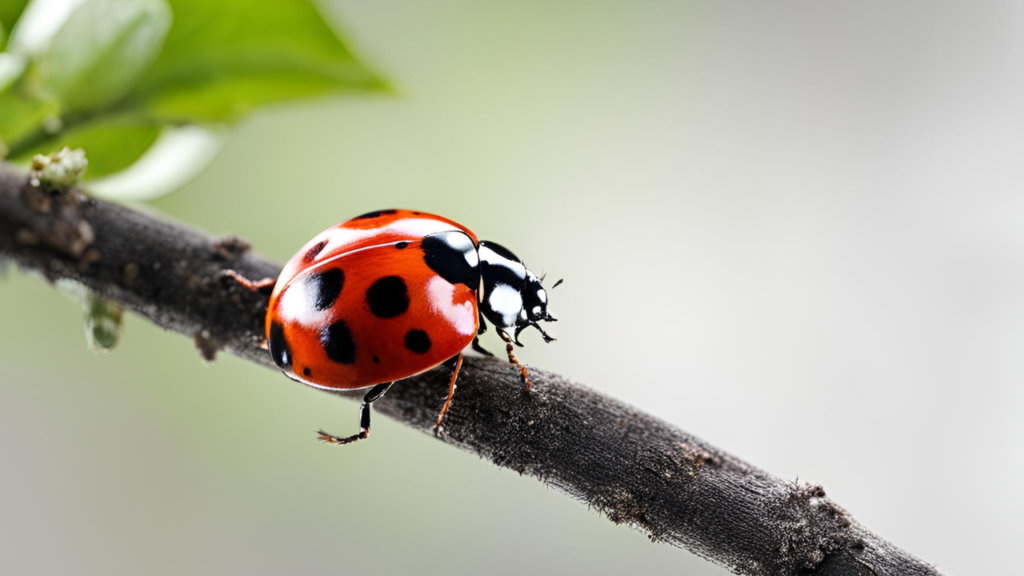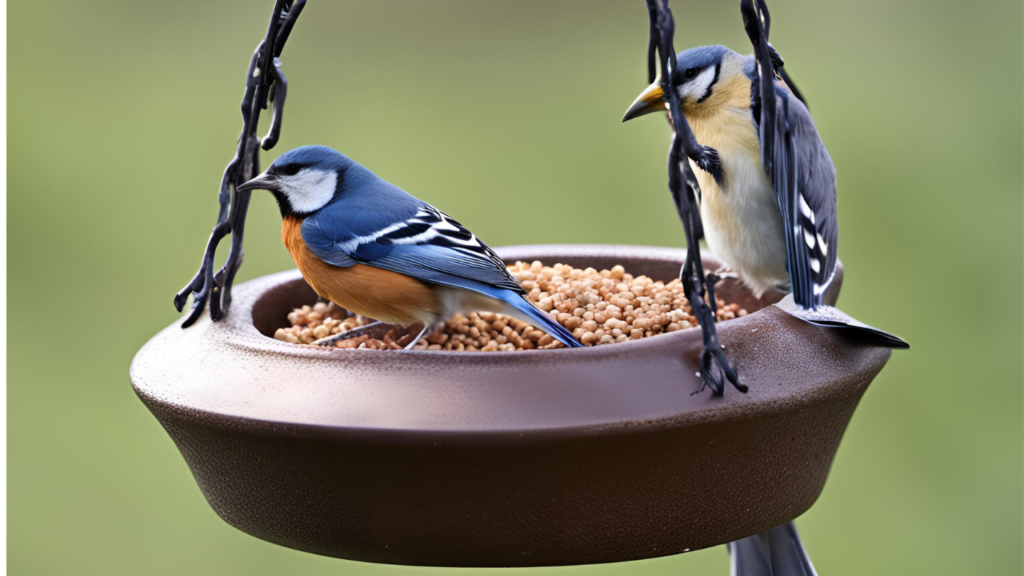Organic pest control methods to help you maintain a healthy, chemical-free garden. From neem oil and diatomaceous earth to companion planting and beneficial insects, these natural solutions provide safe and sustainable ways to keep your garden pest-free.
Pests can be the bane of any gardener’s existence, turning a once-thriving garden into a battlefield. While chemical pesticides can offer quick solutions, they often come with many unwanted side effects, from harming beneficial insects to contaminating your food. That’s where organic pest control methods come in. These natural solutions are effective and safer for your garden and the environment. In this article, I’ll share ten organic pest control methods that work, helping you maintain a healthy, bountiful garden without harsh chemicals.
Understanding Organic Pest Control
What is Organic Pest Control?
Organic pest control involves using natural substances and methods to manage and repel pests. Unlike synthetic pesticides, organic solutions focus on maintaining a balanced ecosystem, where beneficial insects and natural predators are crucial in controlling pest populations.
Benefits of Using Organic Methods
- Safety: Organic methods are safer for humans, pets, and the environment.
- Sustainability: They promote long-term garden health by enhancing biodiversity.
- No Chemical Residues: Your produce remains free of harmful chemical residues.
Common Misconceptions About Organic Pest Control
- Ineffectiveness: Many believe organic methods are less effective, but with the right approach, they can be equally, if not more, successful.
- High Cost: While some organic solutions can be pricey, many effective methods are inexpensive or even free.

The Top 10 Organic Pest Control Methods
1. Neem Oil

Neem oil is a powerful natural insecticide derived from the neem tree. It disrupts pests’ life cycles, reducing their ability to reproduce.
- How to Use: Mix neem oil with water and a few drops of dish soap. Spray it on affected plants, covering the leaves’ tops and undersides.
2. Diatomaceous Earth
Diatomaceous earth is made from the fossilized remains of tiny aquatic organisms. It’s effective against pests with exoskeletons, like ants, slugs, and beetles.
- How to Use: Sprinkle a thin layer around the base of plants and on the soil surface. Reapply after rain or watering.
3. Companion Planting
Companion planting involves growing certain plants together to repel pests and improve growth. For example, planting basil near tomatoes can repel aphids and tomato hornworms.
- How to Use: Research and plan your garden layout to include beneficial plant pairings.
4. Beneficial Insects

Introducing beneficial insects like ladybugs and predatory mites, which prey on common garden pests, can help control pest populations.
- How to Use: Purchase beneficial insects from a reputable supplier and release them into your garden. Ensure you have a variety of plants to provide habitat and food for them.
5. Homemade Garlic Spray
Garlic spray is a potent natural insect repellent. It deters many pests, including aphids, beetles, and caterpillars.
- Recipe: Blend two bulbs of garlic with a quart of water. Let it sit overnight, then strain and mix with a gallon of water. Add a teaspoon of liquid soap and spray on plants.
6. Soap and Water Solution
A simple soap and water solution can effectively control soft-bodied insects like aphids, mealybugs, and spider mites.
- How to Use: Mix a tablespoon of mild liquid soap with a quart of water. Spray directly on pests, covering all surfaces of the plant.
7. Pepper Spray
Pepper spray, made from hot peppers, can deter various pests due to its capsaicin content.
- Recipe: Blend a handful of hot peppers with water, strain, and mix with a quart of water. Add a few drops of liquid soap and spray on plants.
8. Essential Oils
Certain essential oils, such as peppermint and rosemary, have pest-repellent properties.
- How to Use: Mix a few drops of essential oil with water and some liquid soap. Spray on plants to repel pests.
9. Row Covers
Row covers protect plants from pests by creating a physical barrier.
- How to Use: Drape row covers over plants and secure the edges to the ground. Ensure there is enough room for plants to grow underneath.
10. Natural Predators

Encouraging natural predators like birds and frogs can help control pest populations.
- How to Use: Provide water sources, shelter, and food in your garden to attract these predators.
Implementing Organic Pest Control in Your Garden
- Step-by-Step Guide: Start with a few methods and gradually incorporate more as needed.
- Monitoring and Adjusting: Regularly check your plants for pests and adjust your strategies accordingly.
- If you are a beginner gardener, this post will be helpful to you.
Organic pest control offers a safe, effective way to manage pests in your garden. These ten methods can help you maintain a healthy, thriving garden without relying on harmful chemicals. Give these natural solutions a try, and enjoy the benefits of a pest-free garden. Happy gardening!

